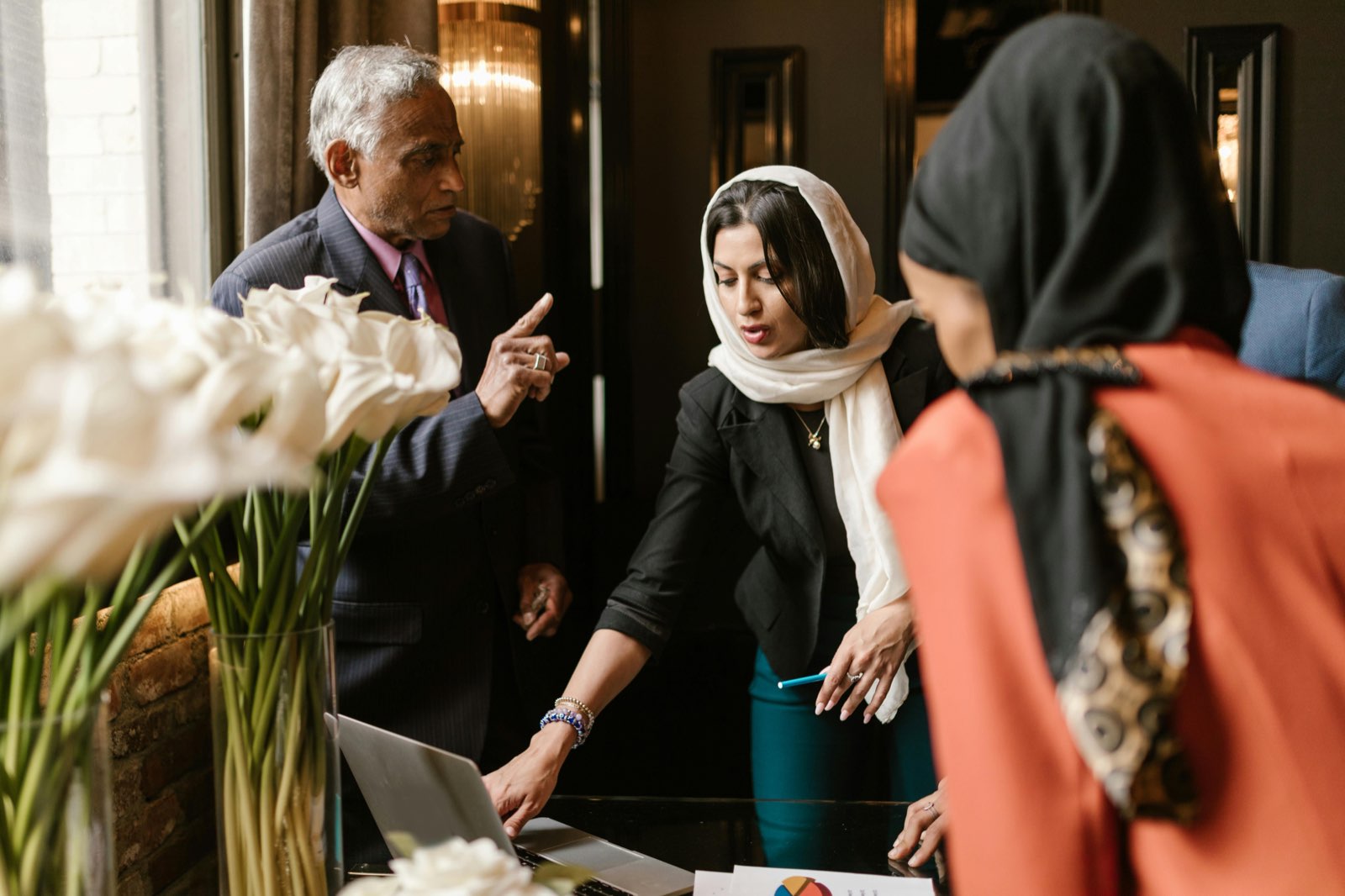
The Growing Muslim Consumer Market: Why Halal Advertising Matters
Halal Ads ·
The global Muslim consumer market represents one of the fastest-growing and most valuable demographics in the world today. With an estimated value of $2.1 trillion and growing at 8% annually, this market presents unprecedented opportunities for brands that understand how to reach Muslim audiences effectively and respectfully.
The Muslim Consumer Landscape
Muslim consumers are not a monolithic group—they represent diverse cultures, languages, and economic backgrounds across 57 countries and growing diaspora communities worldwide. However, they share common values that influence their purchasing decisions: family, community, quality, and ethical business practices.
Research shows that Muslim consumers are increasingly digital-first, with smartphone penetration rates exceeding 80% in key markets like Indonesia, Malaysia, Turkey, and the UAE. They're active on social media, mobile apps, and e-commerce platforms, making digital advertising an essential channel for reaching this audience.
Why Traditional Advertising Falls Short
Traditional advertising often fails to connect with Muslim audiences because it doesn't account for cultural and religious considerations. Content that conflicts with Islamic values, inappropriate imagery, or culturally insensitive messaging can alienate potential customers and damage brand reputation.
Muslim consumers are particularly sensitive to advertising that feels exploitative or doesn't respect their values. They actively seek out brands that demonstrate genuine understanding and respect for their cultural and religious identity. This creates both a challenge and an opportunity for advertisers willing to invest in culturally appropriate messaging.
The Halal Economy Opportunity
The halal economy extends far beyond food and beverages. It encompasses fashion, cosmetics, pharmaceuticals, tourism, and digital services. Muslim consumers are increasingly seeking halal alternatives across all product categories, creating opportunities for brands that can authentically position themselves within this framework.
Halal advertising isn't just about avoiding prohibited content—it's about creating messaging that aligns with Islamic values of honesty, transparency, family, and community. When done authentically, halal advertising can build stronger brand loyalty and trust than traditional approaches.
Digital Engagement Patterns
Muslim consumers show distinct digital engagement patterns that advertisers should understand. They're particularly active during certain times of day, including after prayer times and during family-oriented hours. They also engage more deeply with content that reflects their values and lifestyle.
Mobile-first behavior is especially pronounced among Muslim consumers, with many preferring mobile apps and social media platforms for discovering new products and services. This makes in-app advertising and mobile-optimized campaigns particularly effective for reaching this audience.
Building Authentic Connections
Successful halal advertising requires more than just avoiding problematic content. It involves understanding and respecting the values that matter to Muslim consumers. This includes emphasizing family, community, quality, and ethical business practices in your messaging.
Authenticity is crucial. Muslim consumers can quickly identify when brands are trying to exploit their identity rather than genuinely serving their needs. Focus on how your product or service genuinely improves lives and aligns with Islamic values.
Cultural Sensitivity and Timing
Understanding Islamic calendar events and cultural practices is essential for effective halal advertising. Ramadan, Eid celebrations, and other important dates present opportunities for relevant, timely messaging that demonstrates cultural awareness and respect.
Consider prayer times and religious observances when planning campaign timing. While users are active throughout the day, showing awareness of these important aspects of Muslim life demonstrates respect and cultural understanding.
Measuring Success in Halal Advertising
Success in halal advertising goes beyond traditional metrics. While click-through rates and conversions are important, also consider brand sentiment, cultural resonance, and long-term relationship building. Muslim consumers value brands that demonstrate consistent respect and understanding over time.
Track not just immediate conversions, but also brand awareness, sentiment, and repeat engagement. These metrics help you understand whether your halal advertising approach is building the authentic connections that lead to long-term customer relationships.
Getting Started with Halal Advertising
Ready to tap into the growing Muslim consumer market? Start by educating yourself about Islamic values and cultural considerations. Review your existing advertising through the lens of cultural sensitivity and identify opportunities to make your messaging more inclusive and respectful.
Consider how your products or services align with Islamic values and how you can authentically communicate these connections. Remember that halal advertising isn't about changing your brand—it's about communicating your value proposition in a way that resonates with Muslim consumers.
Create your first halal advertising campaign today, or explore our transparent pricing to plan your entry into this valuable market.



